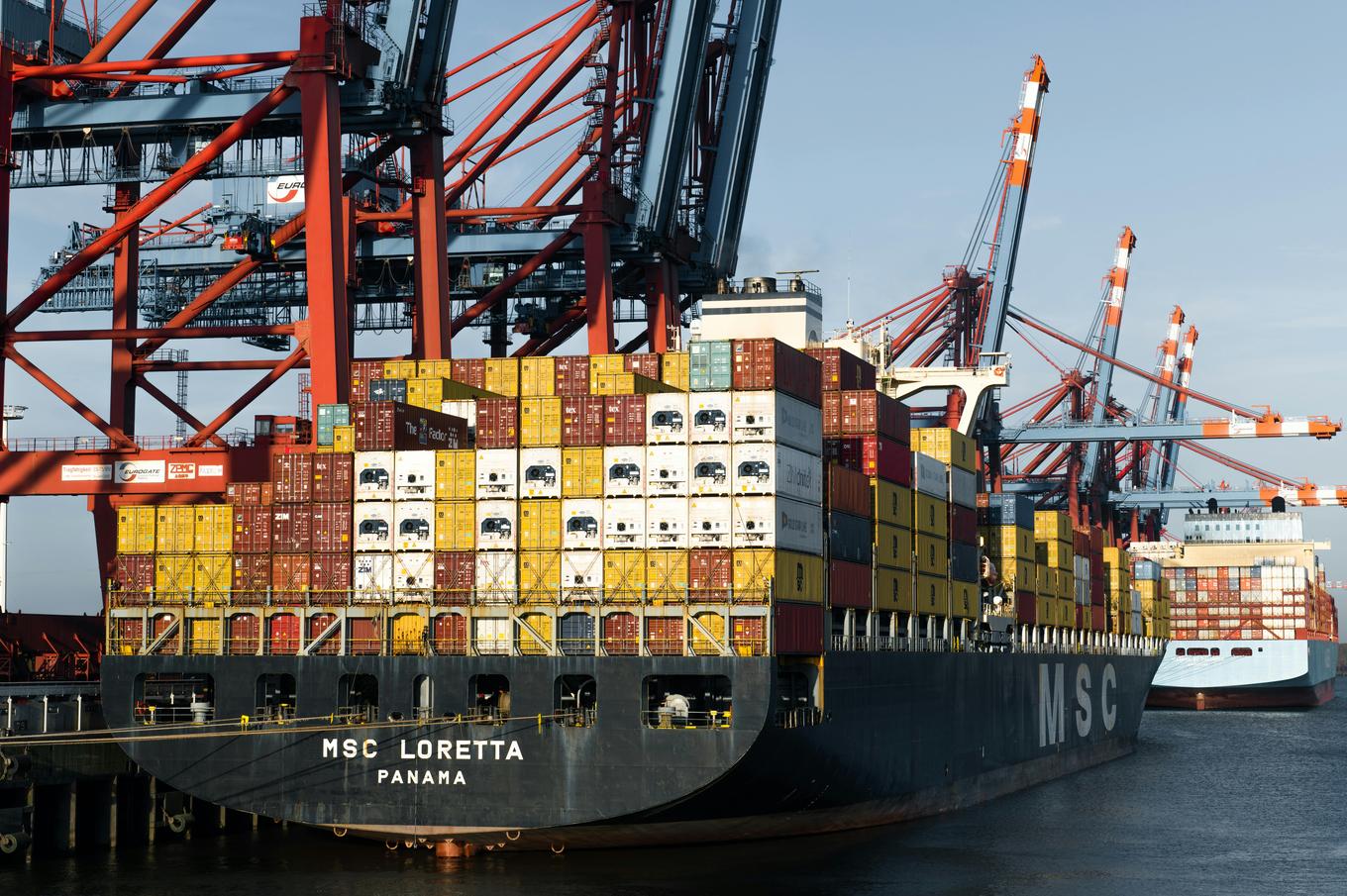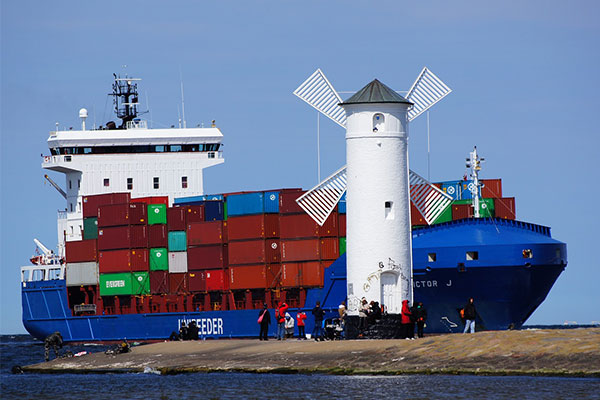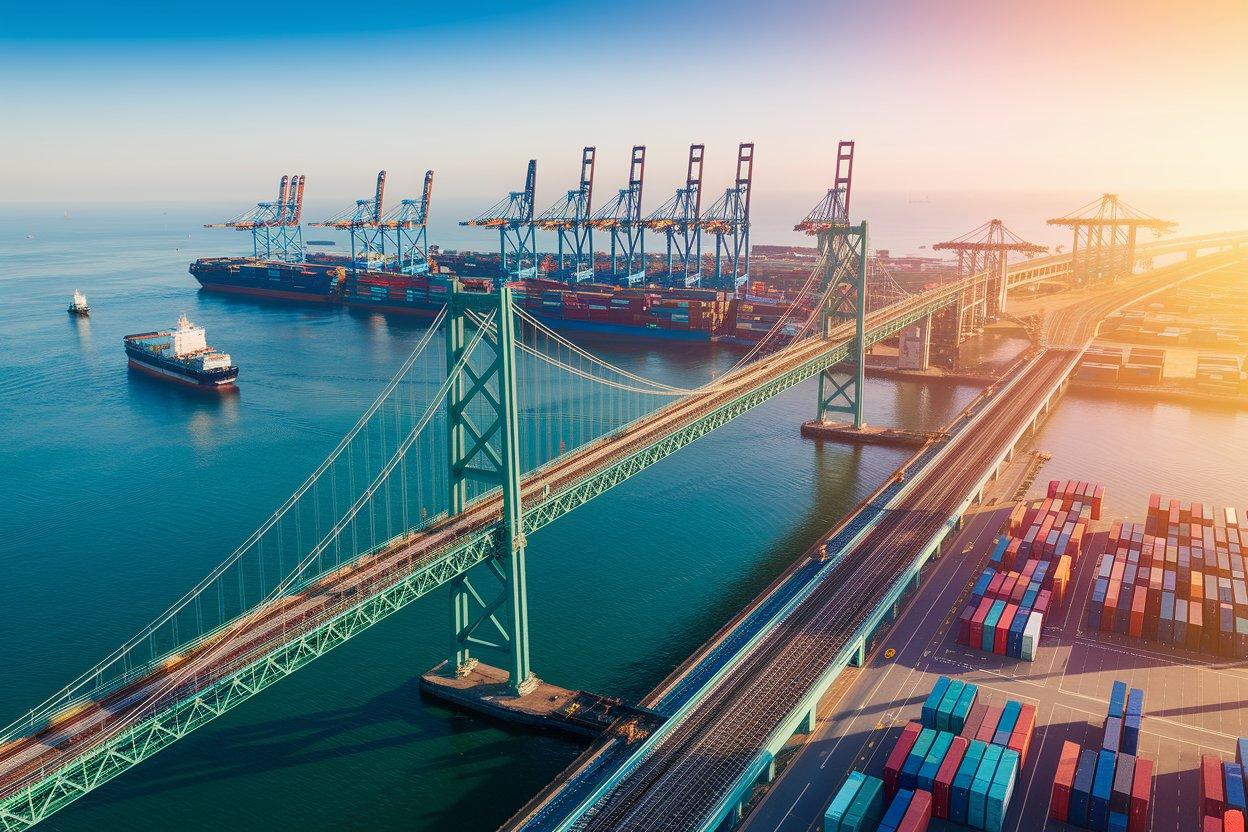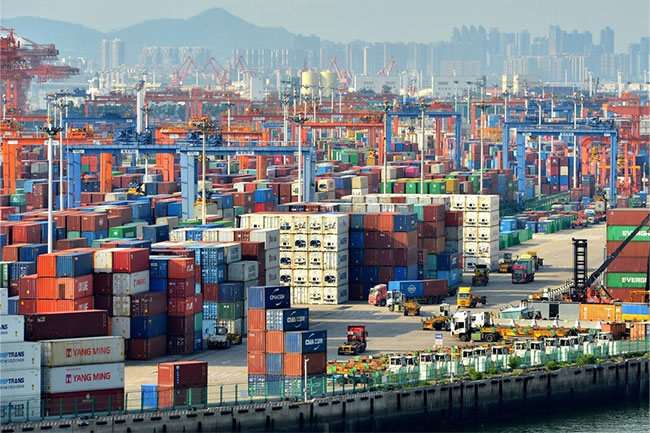- Shanghai Zhongshen International Trade Co., Ltd. - Two decades of trade agency expertise.
- Service Hotline: 139 1787 2118
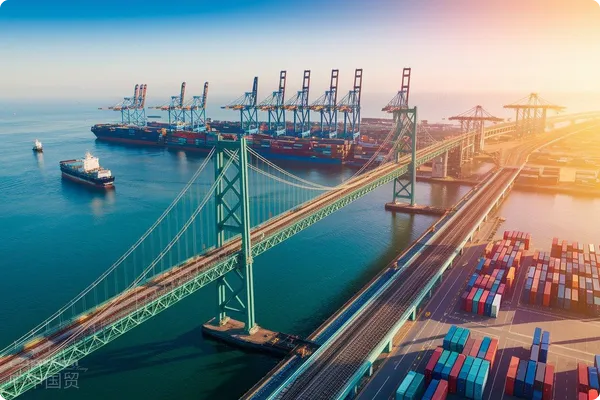
Contents
ToggleWhat types of export products are suitable for the agency model?
The proxy model is particularly suitable for the following three types of enterprises:Start-up typeforeign tradeEnterprise,Manufacturers with a single product lineandMature enterprises testing the waters in new marketsAccording to the General Administration of Customs data in 2023, 63% of small and medium-sized enterprises in China opt for export agency services, primarily involving mechanical parts (28%), light industrial products (35%), and electronic products (22%). The core criteria for selecting an agency include:
- The agency cost is more favorable when the annual export volume is below $2 million.
- The target market has special access requirements (such as EU CE certification).
- A single batch of goods involves the declaration of more than 5 HS codes.
How to choose between buyout agency and commission-based agency?
The fundamental difference between the two mainstream proxy models lies inRisk - bearing methods:
- Buyout agency
- Applicable scenarios: bulk commodities, standardized chemical products
- Advantages: Faster capital recovery (T/T 30 days vs. typically 90 days).
- Risk: Exchange rate locking deviation may reach 3-5% of the cargo value.
- Commission-based agency
- Applicable scenarios: Customized equipment, high-value-added products
- Advantages: Retain ownership of end-customer information.
- Risk: The bad debt rate is 2-3 times higher than that of the buyout model.
Under the new 2025 cross-border RMB settlement regulations, it is recommended to adoptHybrid Proxy Mode: The first order is purchased outright to establish trust, followed by switching to a commission-based cooperation model.
How to identify professional and reliableExport RepresentationA professional agency company should have the following characteristics:
Key verification is required for the agents.Four Core Qualifications:
- AEO Customs Certification Level (Priority given to Advanced Certified Enterprises)
- FIATA Membership Certification for International Freight Forwarding
- Own customs clearance team in at least 3 major ports.
- Records of Export Credit Insurance (a copy of the insurance policy must be provided)
Please pay special attention to verifying the newly added items for 2025.Digital trade service capability: Does it have a blockchain traceability system, and can it interface with the Customs Single Window 2.0 system?
What hidden costs are included in the agency fees?
In addition to the publicly disclosed 1-3% base agency fee, please pay special attention to:
- Port miscellaneous charges (which may account for up to 8% of the CIF price)
- Document Discrepancy Amendment Fee (average USD120/instance)
- Special time period surcharge (e.g., peak season port congestion fee)
- Exchange Rate Compensation (charged when the agreed fluctuation range is exceeded)
It is recommended to clarify in the contractcost ceiling clauses, for example, the total additional fees shall not exceed 2% of the cargo value.
How to Protect Trade Secrets in Export Agency Cooperation?
Essential measuresThree-level confidentiality mechanism:
- Contractual level: A confidentiality breach penalty of no less than RMB 2 million is stipulated.
- Operational level: Use a customer coding system to replace real information.
- Technical level: Requires the use of an email encryption system certified by the State Cryptography Administration.
The Digital Economy Partnership Agreement (DEPA), which will take effect in 2025, stipulates that cross-border data transfers must obtainDual encryption authentication, It is recommended to verify the compliance of the agent system in advance.
How is the liability of an agent defined in the event of a cargo damage dispute?
Please translate the following Chinese into English: To be determined based onINCOTERMS 2025The latest regulations delineate responsibilities:
- Under FOB terms: the risk transfers once the goods pass the ship's rail.
- Under CIF terms: The agent shall bear the risks before the destination port.
- Under EXW terms: Risk transfer is completed upon leaving the factory.
It is recommended to clearly specify in the agency agreement.Time window for loss assessment(within 7 working days after arrival) andThird-party inspection agency(such as SGS or CCIC).
Related Recommendations
? 2025. All Rights Reserved. Shanghai ICP No. 2023007705-2  PSB Record: Shanghai No.31011502009912
PSB Record: Shanghai No.31011502009912
